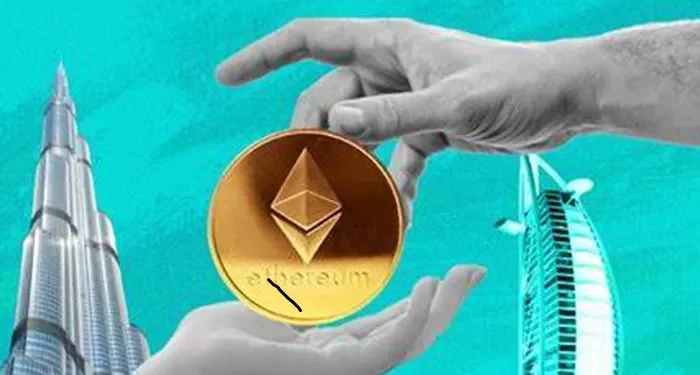Golden Finance, citing Cointelegraph, reported that the fintech sector has witnessed a breakthrough. Kinexys under jpmorgan Chase, Chainlink, and Ondo Finance jointly completed a “pioneering” cross-chain payment settlement (DvP) test. The successful realization of asset exchange between the licensed payment network and the public test network has opened up a new path for the development of cross-chain financial transactions in the future.
In this test, all parties had clear divisions of labor and worked closely together. Kinexys Digital Payments, a permission-based network operated by jpmorgan Chase, serves as a bridge connecting traditional finance and the crypto field, providing a secure and reliable payment environment. The Ondo Chain testnet, which focuses on the tokenization of real-world assets (RWA), carries the core asset – the tokenized US Treasury bond fund OUSG of Ondo. As a leading project in the decentralized oracle field, Chainlink’s runtime environment (CRE) plays a crucial coordinating role in transactions.
As an off-chain computing layer, CRE aims to break the information silos between blockchains and support cross-chain interoperability in the financial system. During this transaction process, the CRE was like an “intelligent hub”, ensuring that the asset exchange between different networks could be completed safely and efficiently through precise data transmission and instruction execution. Specifically, the tokenized US Treasury bond fund OUSG of Ondo conducts payment exchanges through the Kinexys platform. Under the coordination of CRE, the cross-chain transfer from the Ondo Chain testnet to the Kinexys Digital Payments network has been achieved. The entire process does not require the intervention of a third-party trust institution, fully demonstrating the decentralized and automated advantages of blockchain technology.
Choosing the tokenized US Treasury Bond fund OUSG as the core asset has significant demonstration significance. With the tokenization of real-world assets (RWA) becoming a hot topic in the industry, tokenizing traditional financial assets such as government bonds and enabling cross-chain transactions can significantly enhance the liquidity and trading efficiency of assets. This successful test proves that even traditional financial assets with high regulatory requirements can be safely and conveniently transferred across chains through blockchain technology, providing a practical sample for more RWA cross-chain transactions in the future.
From the perspective of industry development, the completion of this test is an important milestone in the cross-chain payment field. For a long time, there have been many obstacles to the intercommunication of assets among different blockchain networks, such as inconsistent technical standards and the lack of trust mechanisms. The collaboration among jpmorgan Chase, Chainlink and Ondo Finance not only verified the feasibility of cross-chain payment delivery and settlement, but also provided a new paradigm for the cooperation between traditional financial institutions and blockchain projects. In the future, as such technologies mature and become more widespread, cross-chain payment is expected to be widely applied in areas such as international trade settlement, cross-border capital flows, and decentralized finance (DeFi), further promoting the digitalization and decentralization of the global financial system.
At present, no party has disclosed the commercialization plan for the test results of this time, but the market is already full of expectations for its subsequent development. As more institutions pay attention to and participate in the research and development and application of cross-chain payment technology, the integration of blockchain and traditional finance may usher in a new peak.
Related Topics:

















